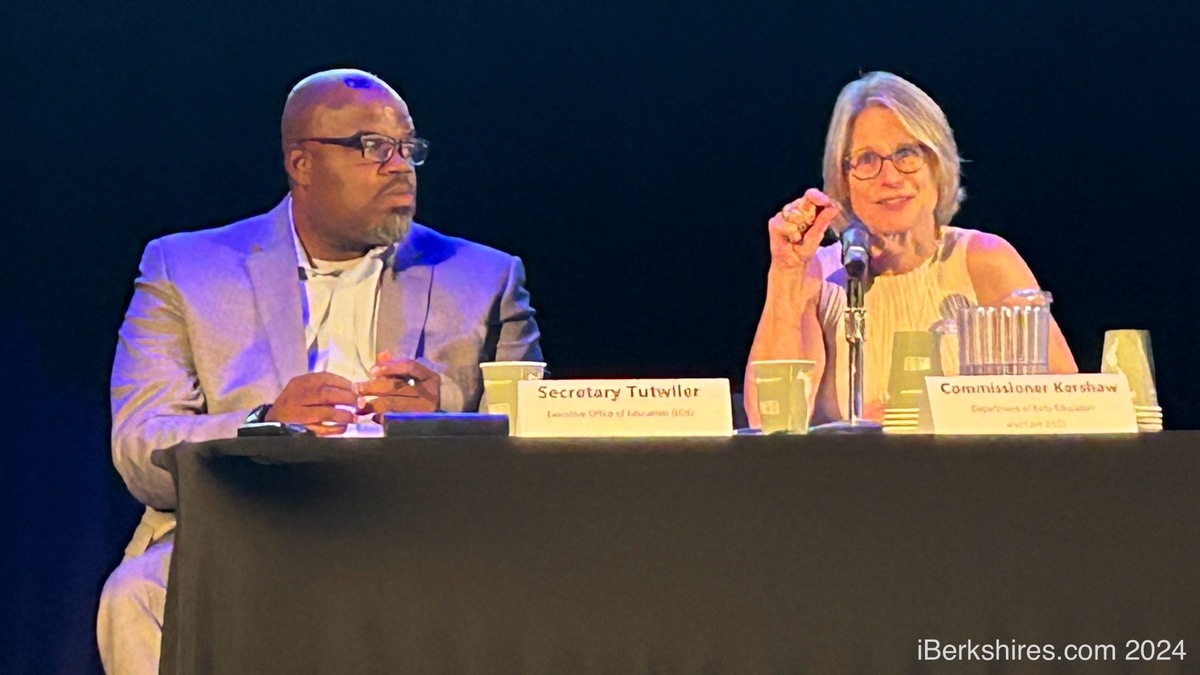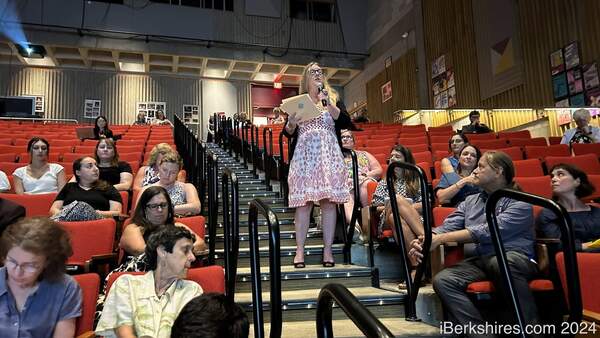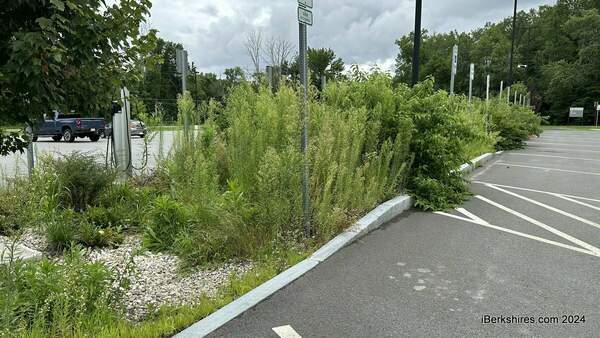Five Berkshire County Farms Receive State Grants
CHICOPEE, Mass — Working to combat food insecurity, the Healey-Driscoll Administration announced over $26.3 million in grants to strengthen Massachusetts' food supply system and mitigate future food supply and distribution disruption issues.
In Berkshire County:
-
Berkshire Bounty of Great Barrington received $67,371.89
-
CAVU Farms of Cheshire received $223,170
-
Holiday farm of Dalton received $31,914.90
-
Many Forks Farm of Clarksburg received $12,921
-
Off the Shelf Farm of New Marlborough received $497,519
During an event at the Fruit Fair Supermarket in Chicopee, Governor Healey, Lieutenant Governor Driscoll, Energy and Environmental Affairs (EEA) Secretary Rebecca Tepper, and Massachusetts Department of Agricultural Resources (MDAR) Commissioner Ashley Randle joined state and local officials to announce the funding of 165 projects through the Food Security Infrastructure Grant (FSIG) Program.
The program was created to combat urgent food insecurity resulting from the COVID-19 pandemic. The recent flooding in Western and Central Massachusetts is expected to have a further impact on food security in Massachusetts, as many impacted farms play an important role in combating hunger. Healey-Driscoll Administration officials have been assessing damage at farms and discussing recovery and mitigation efforts over the past week. The FSIG program is designed to ensure farmers and other local food producers are better connected to a strong and resilient food system. For the first time in the history of this program, the administration prioritized projects that support organizations impacted by drought or extreme weather events.?
"In speaking to farmers over the past week, it's clear that they need support now more than ever after being hit hard by extreme weather events from flooding to drought to late frost,"?said Governor Maura Healey.?"Our farmers are the backbone of Massachusetts' food infrastructure, and it's critical that we continue to make short and long-term investments through grants like these to help strengthen resiliency and enhance mitigation efforts."
The FSIG program was created to provide grants for capital infrastructure investments that increase access to locally produced food for families and individuals throughout the state who may be facing food insecurity, live in gateway cities or food deserts, or otherwise face unequal access to food. The program seeks to ensure that farmers, fishers, and other local food producers are better connected to a strong, resilient food system to help mitigate future supply chain issues.
"In the past few months, Massachusetts has seen both droughts and extreme rainfall, record-setting temperatures, and poor air quality,"?said EEA Secretary Rebecca Tepper.?"The climate crisis is here, and the FSIG program could not be more important. It's clear that our farmers, fishers, and other organizations in our food system need help building resiliency to these impacts."?
















